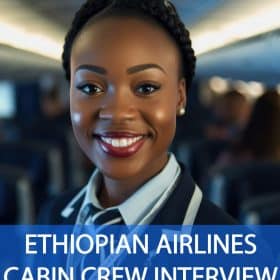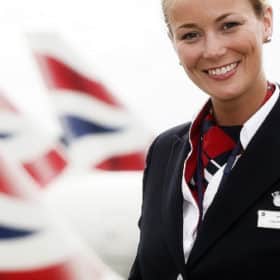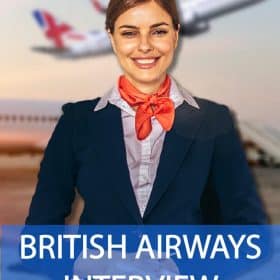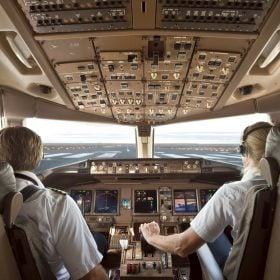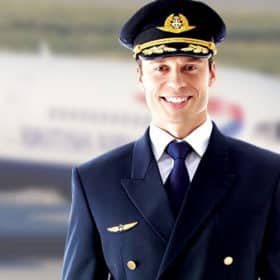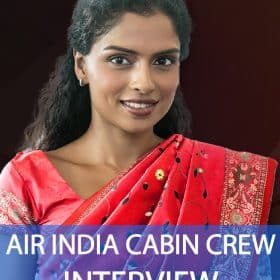Once you have completed your application form, you will be invited to sit an online verbal reasoning test. In this test, you’ll be given 12 minutes to answer up to 42 multiple choice questions, based on several different passages. You will be provided with a number of statements related to the passage, and will have to select whether the statement is true, false or impossible to say, based on the information that you have read.
Below is an example of a verbal reasoning passage, and one typical question based on the passage:
“Forests have a huge role to play in fighting climate change. Forests can be used to absorb and store carbon in their soil and trees. Yet, we continue to cut these forests down with no consideration for the consequences that follow. Why? Why do we continue these actions if we know what the outcome and consequences are going to be? If these forests are frequently being cut down, then all of the stored emissions from the trees will be released into the atmosphere. Up to one-fifth of greenhouse gas emissions comes from deforestation and forest degradation, which indicates the scale of the issue and the impact that it causes in terms of global warming.
Some people consider global warming as “natural”, yet it is apparent that we, as the central contributors to climate change, need to change our behaviour. Science tells us that although the Earth’s climate has always changed; our actions in the way we have treated our planet, remain the most damaging.
Climate change, if not acted upon, will continue to have gross consequences, which will lead to extreme weather conditions, potential rises in sea level, decreased ice environments, and even possible extinction of plants and animals. Ultimately, it will change the world as we know it.”
1. Which of these is not listed as a direct consequence of global warming?
A – Sea level rises.
B – Melting Ice Caps.
C – Blacking out of the sun.
D – Unstable weather.
ANSWER: C
Explanation: All of the others are listed as direct consequences of global warming. The passage does not talk about the effect that global warming has on the sun.
As you can see, 12 minutes to answer these types of question is an extremely short amount of time. What you need to remember is that you are not necessarily expected to complete this test. The assessors are looking for quality over quantity. For example, a score of 15 on 20 questions completed, is far better than a score of 15 on 30 questions completed. With this in mind, you should start preparing for the verbal reasoning exercise before you even fill in the application form. Set aside 30 minutes every day, to ensure that you are competent and prepared to undertake this assessment. The majority of candidates will do little to no preparation whatsoever, and therefore (even at such an early stage in the process) your own preparation will set you apart.








